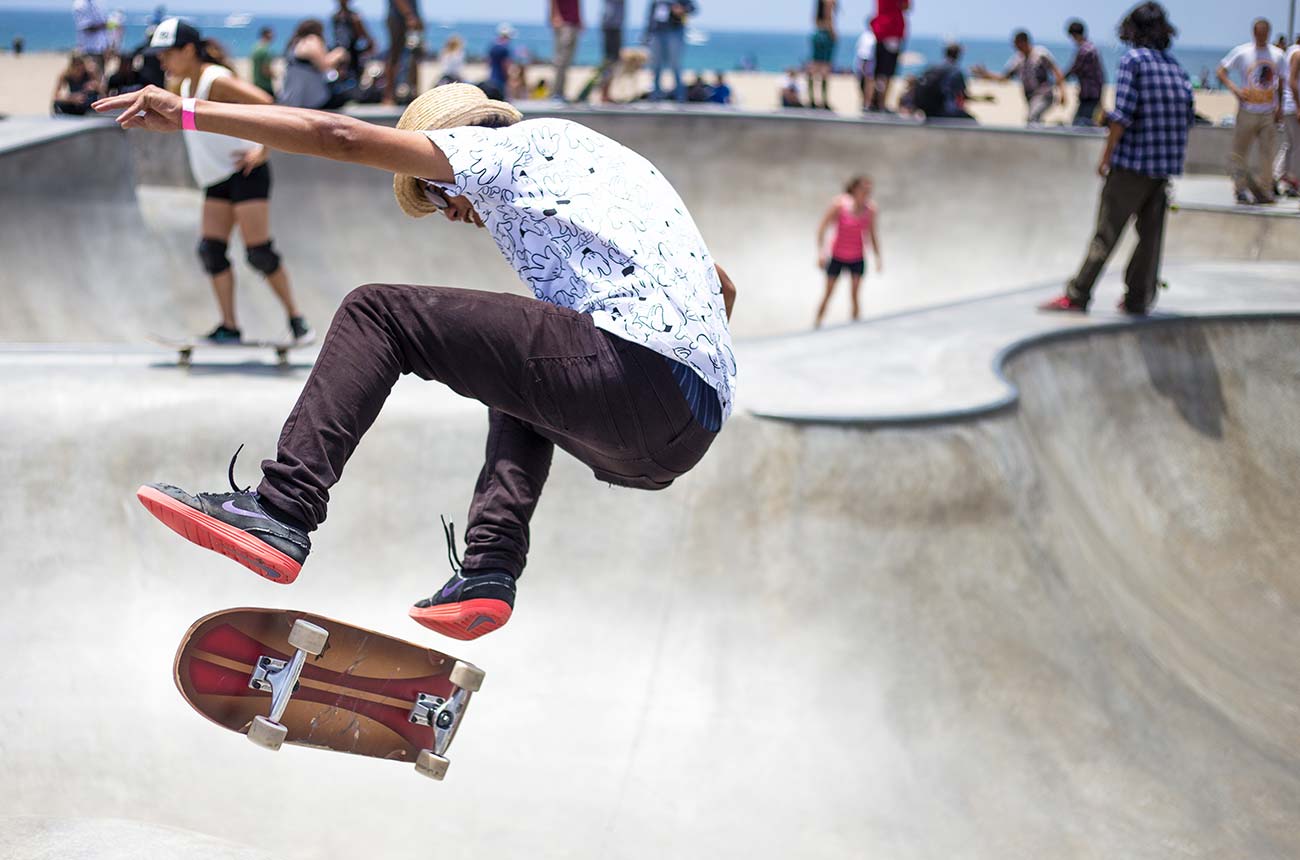Spiritual guidance that helps reconnect with purpose and hope in recovery journey.


Spiritual advising at Eagle Lake Recovery helps individuals reconnect with their sense of purpose, meaning, and connection to something greater than themselves. Our spiritual advisor works with people of all faith backgrounds and beliefs, providing non-denominational guidance that respects individual spiritual journeys.
Spiritual Healing Components:
Addiction and trauma often leave people feeling spiritually bankrupt, disconnected from their values, and hopeless about the future. Our spiritual care addresses these wounds by helping individuals discover their unique spiritual path.
Whether through traditional religious practices or personal spiritual exploration, we help each person reconnect with what gives their life meaning. Spiritual healing involves addressing the deep questions of purpose while building practices that support ongoing recovery.
Our advisor facilitates this process while reinforcing hope and belief in each person's capacity for transformation, helping develop a life of purpose and service.
Rediscover your spiritual strength and life purpose. Spiritual advising at Eagle Lake reconnects you with the inner wisdom and hope essential for meaningful recovery.
Spiritual guidance that reconnects with purpose and inner strength.

Meet the dedicated therapists and counselors who will be your trusted guides, advocates, and supporters throughout your entire recovery journey.
Common questions answered about our therapy services and comprehensive addiction treatment services.
Our unique approach focuses on healing the whole person —mind, body, and soul. While many facilities rely primarily on traditional talk therapy, we integrate body-based therapies, outdoor adventure activities, EMDR trauma processing, yoga, physical fitness training, and spiritual guidance. We believe addiction and trauma sever the connection between mind, body, and soul, so true healing requires restoring all parts of the self, not just addressing surface behaviors.
Adventure therapy uses outdoor activities like hiking, climbing, and ropes courses to push physical and emotional boundaries in a safe, supported environment. These activities help build trust, confidence, and resilience while teaching you to face challenges without turning to substances. Many of our residents find that conquering a difficult climb or completing a team challenge translates directly into confidence for handling life's obstacles in recovery.
Not necessarily. While many people in addiction recovery have experienced obvious trauma, others may have what we call "small-t" traumas—experiences that weren't life-threatening but still created emotional wounds. EMDR (Eye Movement Desensitization and Reprocessing) helps break the trauma-addiction cycle by reprocessing difficult memories so they no longer trigger overwhelming emotions that lead to relapse. Our certified trauma therapists will assess your individual needs during treatment.
We provide both because they serve different but equally important purposes. Individual therapy allows us to create personalized treatment goals and address your unique needs one-on-one. Group therapy is where "the magic happens"—it breaks through isolation, creates accountability, builds social skills, and helps you realize you're not alone in your struggles. Most residents participate in multiple group sessions weekly along with individual counseling sessions.
Addiction often leaves people disconnected from their bodies and neglecting basic self-care. Physical fitness training helps rebuild your relationship with your body, turning it from a source of shame into a source of strength and pride. Proper nutrition heals your brain chemistry, reduces cravings, improves sleep, and supports emotional regulation. Together, these components help your body heal from the inside out while complementing your therapeutic work.